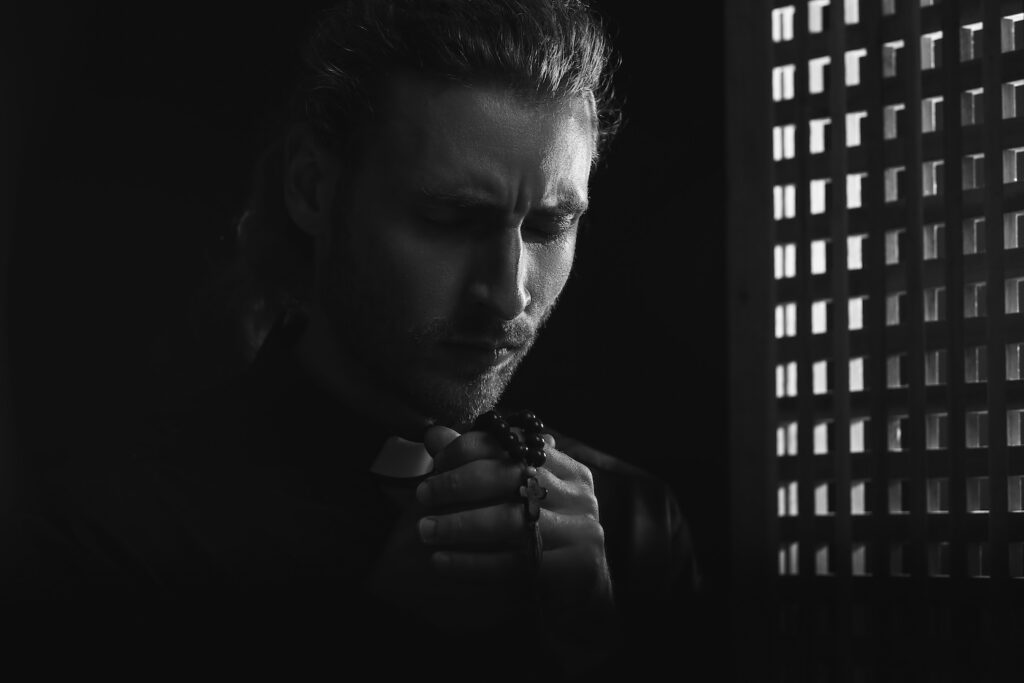Arizona Supreme Court upholds state law protecting religious confessions
The Arizona Supreme Court ruled in favor of religious liberty and state law in a case involving the confession of a criminal act to clergy.
The April ruling, made public on Tuesday, involves a…

The Arizona Supreme Court ruled in favor of religious liberty and state law in a case involving the confession of a criminal act to clergy.
The April ruling, made public on Tuesday, involves a lawsuit brought against the Church of Latter-day Saints, accusing the church of concealing the child abuse of Paul Adams, who at least once confessed an incident of abuse to his bishop. Three of Adams’ children are anonymous plaintiffs.
The suit seeks documents from the church regarding Adams, whom a county judge ruled waived his right to “the clergy penitent privilege,” reports the AP. That ruling was overturned in December by an appeals court, leading the plaintiffs to challenge, bringing the case before the state’s highest court.
The Supreme Court’s decision holds that the “priest-penitent privilege,” a state law which protects religious clergy from being forced to reveal sins disclosed to them in a confessional setting, applies in the case.
Lynne Cadigan, attorney for the plaintiffs, said the ruling “expands the clergy privilege beyond what the legislature intended by allowing churches to conceal crimes against children.”
The church maintains it is not attempting to conceal crimes, and released an official statement with details about Adams’ case last August.
This week, the church also announced its agreement with the court’s latest ruling, adding, “The Church has no tolerance of abuse of any kind.”
Other churches have fought to protect the sacrament of confession, which insists on the secrecy between confessor and priest.
“The Catholic Church already deems priests as mandatory reporters,” said Archbishop Paul Etienne of Seattle. “The confidentiality of the sacrament must be preserved so that individuals are able to freely unburden their souls. This religious liberty must be protected, as it has been historically in our country.”
In the Catholic tradition, confession is considered an “opportunity to repent and recover the grace of friendship with God.”
Priests are not allowed to reveal the identity of a confessor without their permission and may be excommunicated themselves if they violate the “very sacred trust.”
However, numerous bills have been introduced to challenge this religious doctrine, including recent measures in Washington and Delaware.
Catholic leaders in both states are defending the church’s long held beliefs.
“I want to assure you that your shepherds, bishop and priests, are committed to keeping the seal of confession – even to the point of going to jail,” said Bishop Thomas Daly of Spokane, Washington.
“It would be a clear violation of the First Amendment for the government to interfere in this most sacred and ancient practice of our faith,” the Diocese of Wilmington, Delaware said in a statement.
Similar attempts to restrict or compel religious speech relate to so-called “conversion therapy” bans, which could prevent Christians from counseling people regarding a biblical view of sexuality and gender.
“All Americans, secular or religious, deserve the right to private conversations, free from government censorship,” said Roger Brooks, senior counsel for Alliance Defending Freedom (ADF), about a conversion therapy ban in Washington state.
“The state of Washington doesn’t get to ban speech it dislikes; that’s not what free speech means,” Brooks added.



